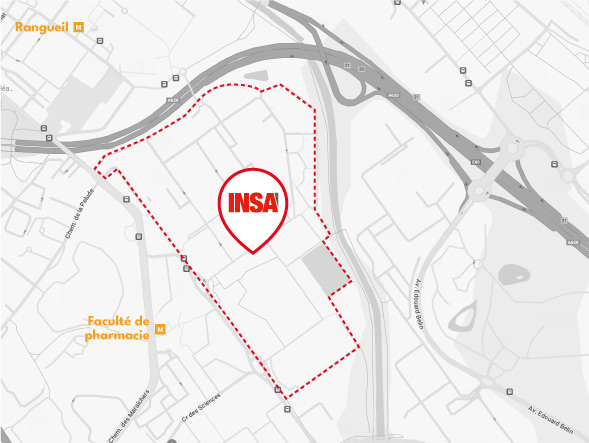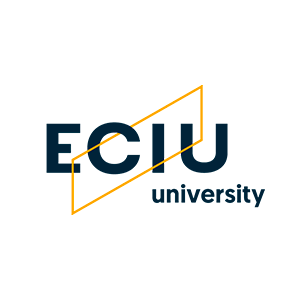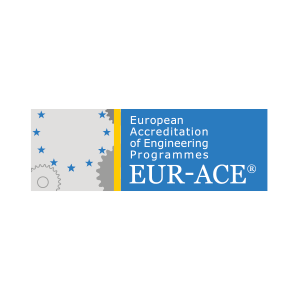Syllabus (detailed contents):
– Conditional expectation, filtration, martingale, submartingale and supermartingale, Doob¿s theorem, optional stopping theorem, convergence theorems, law of large numbers and central limit theorem for martingales. Parametric estimation through maximum likelihood estimation in Markovian models.
– Background on deterministic gradient descent, Introduction to Robbins-Monro algorithms and links with classical results (Law of Large Numbers), Robbins-Siegmund Lemma, Robbins-Monro Convergence Theorems, Applications (Two-Armed Bandit, quantile, quantization, Linear Regression in high dimension).
Advanced probability (OPTIONAL TEACHING)
Description
Objectifs
At the end of this module, the student will have understood and be able to explain (main concepts): The student will be able to: - Build and study the convergence of stochastic optimization algorithms, apply these methods to different problems (quantile, quantization,¿)
- The notion of conditional expectation, the main properties of martingales and their classical use in modelling,
- Stochastic algorithms of Robbins-Monro type.
- To compute a conditional expectation, to show that a random process is a martingale, to use the various theorems (Doob, optional stopping and convergences), in particular for the maximum likelihood estimation.
The student will be able to:
- To compute a conditional expectation, to show that a random process is a martingale, to use the various theorems (Doob, optional stopping and convergences), in particular for the maximum likelihood estimation.
- Build and study the convergence of stochastic optimization algorithms, apply these methods to different problems (quantile, quantization,¿)
Simulate a random variable by different methods, use probabilistic, choose appropriate techniques for variance reduction and error estimation
Pré-requis
Necessary knowledge:
A basic course on probabilities.
Évaluation
L’évaluation des acquis d’apprentissage est réalisée en continu tout le long du semestre. En fonction des enseignements, elle peut prendre différentes formes : examen écrit, oral, compte-rendu, rapport écrit, évaluation par les pairs…
En bref
Crédits ECTS :
Nombre d’heures :

INSA Toulouse
135 avenue de Rangueil
31077 Toulouse cedex 4
Tél : 05 61 55 95 13
Fax : 05 61 55 95 00

Dans un souci d'alléger le texte et sans aucune discrimination de genre, l'emploi du genre masculin est utilisé à titre épicène.











